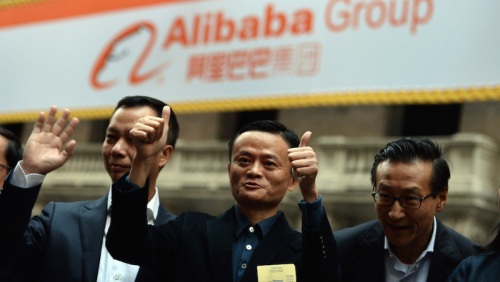It’s been a month of major announcements for Chinese e-commerce giant Alibaba. Last week, the company said it was going to be setting up its cloud computing branch in Silicon Valley. This week, it will develop an Internet-connected vehicle, as it has partnered with China’s largest auto maker, SAIC Motor, in a $162 million dollar deal.

Per the auto maker’s microblog account, the project will “lead China’s Internet car development”. Alibaba added that the future car would use technology like cloud computing and big data to provide its owner with a better driving experience.
Specifically, the Internet-connected vehicle will offer services like digital entertainment, maps / communications services, and — naturally — e-commerce options.

Alibaba’s intent to diversify its services follows in the footsteps of other non-traditional technology giants out there. Google, for example, has been working on a self-driving car for some time now, and recently it was announced that Apple is designing its own electric car.
Industry experts are skeptical when it comes to whether or not these companies will ever reach the point of mass production of their concept cars. Most believe these company’s efforts will more so shake up the traditional auto industry, and establish in-roads that will allow them to better promote their own business lines.
What’s interesting about the Alibaba deal, though, is that the company is not venturing into this project solo. SAIC Motor already has joint ventures with the United States’ General Motors, as well as Germany’s Volkswagen.
Speaking a bit further about the former partnership, SAIC and GM together have a company which provides wireless information services vehicles manufactured and sold in China; this includes things like mobile apps and navigation assistance. What this means is that the technological foundation for Alibaba to come in develop upon is already established.
So, while Alibaba might be just the latest technology company to “drive” into the automobile industry, they appear to have the right partners in place to make the most immediate impact.
Via Phys.org
Advertisement
Learn more about Electronic Products Magazine





